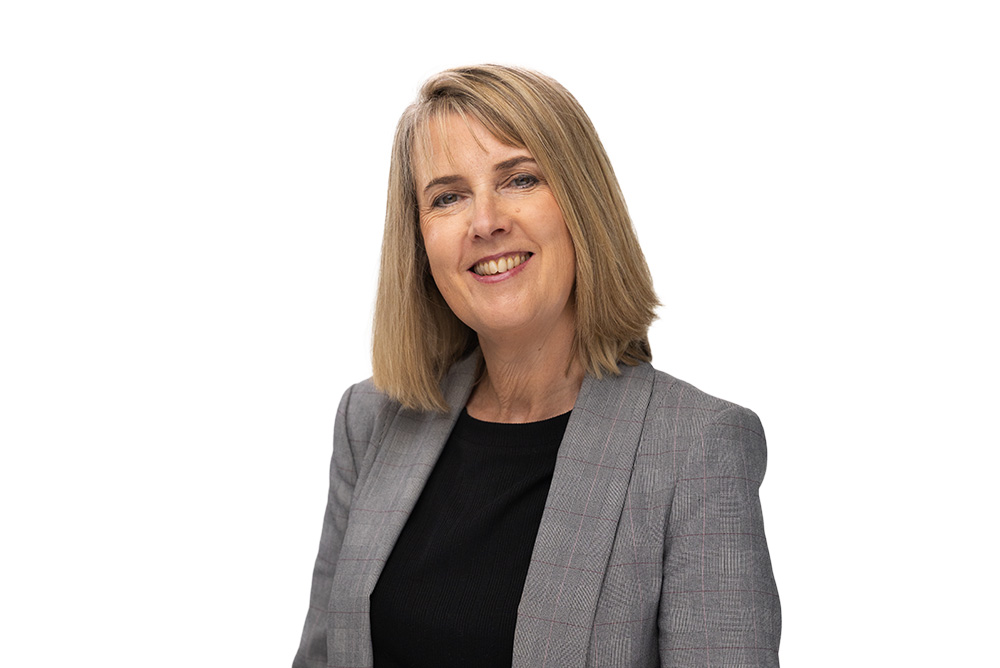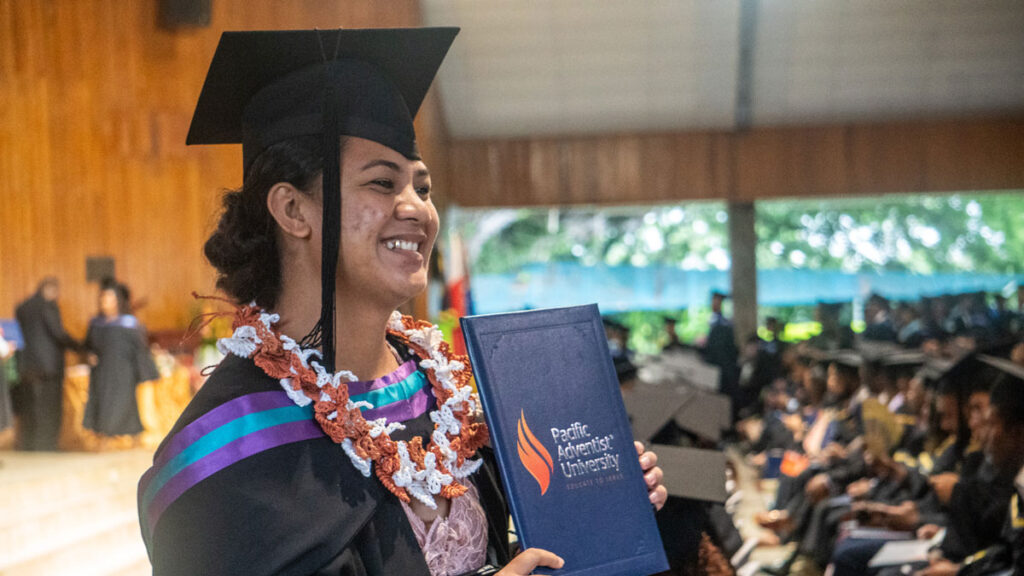The Seventh-day Adventist Church in Fiji is locked in a legal dispute with the Fiji government following the Church’s decision to privatise Vatuvonu Adventist High School.
The government has commenced legal proceedings against the Church in the High Court. The case will return to court on May 13.
The issue began earlier this month after the Church’s Executive Committee announced that it would be closing Vatuvonu Adventist High School—on Vanua Levu, Fiji’s second largest island—at the end of Term 1, due to the Fiji Ministry of Education’s refusal to appoint Adventist staff to the school.
A few days later, the Executive Committee announced that the school would remain open, and a Seventh-day Adventist principal and teachers would be appointed. To achieve this outcome, the Church would privatise the school, which meant that it would need to introduce student fees as the Fiji government would be withdrawing the Free Education Grant.
On April 15, High Court proceedings were commenced by the Attorney-General’s office against Vatuvonu school and the Adventist Church. The orders block the closure of the school and prevent the Church having any say on the government’s appointment of the principal or staff.
Fiji Mission general secretary Pastor Joe Talemaitoga said the Church is preparing to vigorously defend itself.
“It’s disappointing that the situation has reached this point when all we are trying to do is operate the school in accordance with our religious beliefs and ethos,” he said.

The Fiji government operates a universal free education system where it pays staff wages and funds schools around the country. Under its Open Merit Recruitment Selection System the government chooses principals and teaching staff to fill school vacancies. However, it refuses to match appointees with the school’s religious orientation. Schools in Fiji are almost entirely (more than 95 per cent) owned and operated by faith-based organisations.
The inability to staff schools with Adventist teachers has become a significant issue for the Adventist Church in Fiji, and led to the privatisation of Navesau Adventist High School at the beginning of 2019.
Fiji Mission general secretary Pastor Joe Talemaitoga said there had been considerable effort by the Church to resolve the staffing issue at Vatuvonu, including a number of appeals to the Ministry of Education.
“The values and beliefs of the Seventh-day Adventist Church are foundational and central to everything that happens within Adventist schools,” he said. “It is essential, therefore, that teachers share the values, beliefs and moral principles of the Seventh-day Adventist Church so that they can contribute to the faith ethos of Adventist schools and be positive role models of those beliefs.”
Ronald Bower, religious liberty director for the South Pacific Division, said he believes the Church in Fiji has a strong legal case in relation to upholding its constitutional rights.
The Fijian Constitution (Section 22) guarantees freedom of religion for individuals and for religious organisations conducting activities in Fiji. Further, the United Nations’ International Covenant on Civil and Political Rights (Article 18) states that everyone should have the right to freedom of thought, conscience and religion, and the freedom to manifest their religion in worship, observance, practice and teaching.






